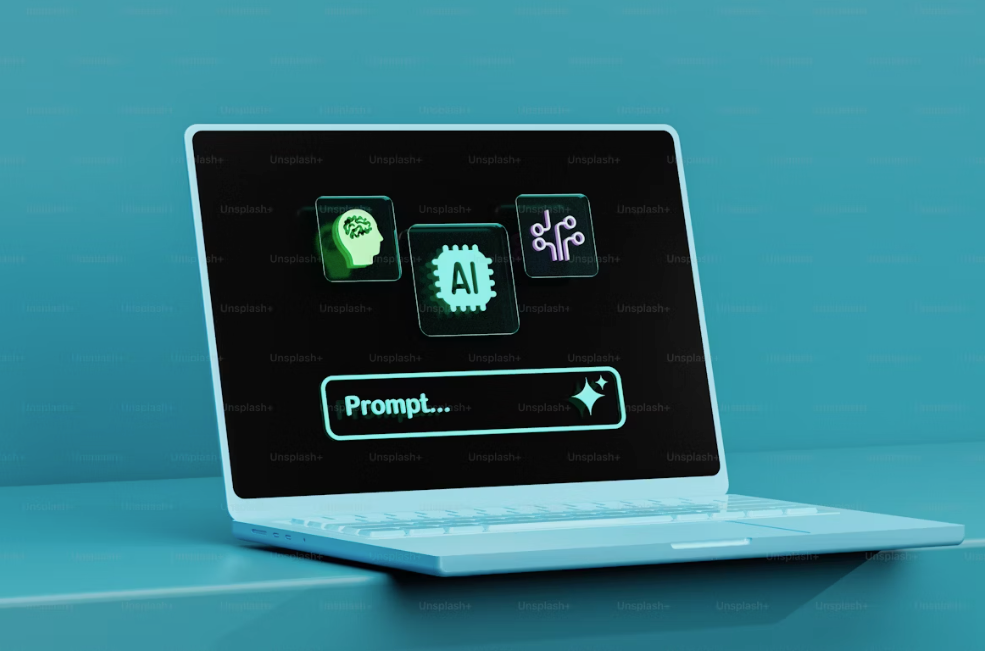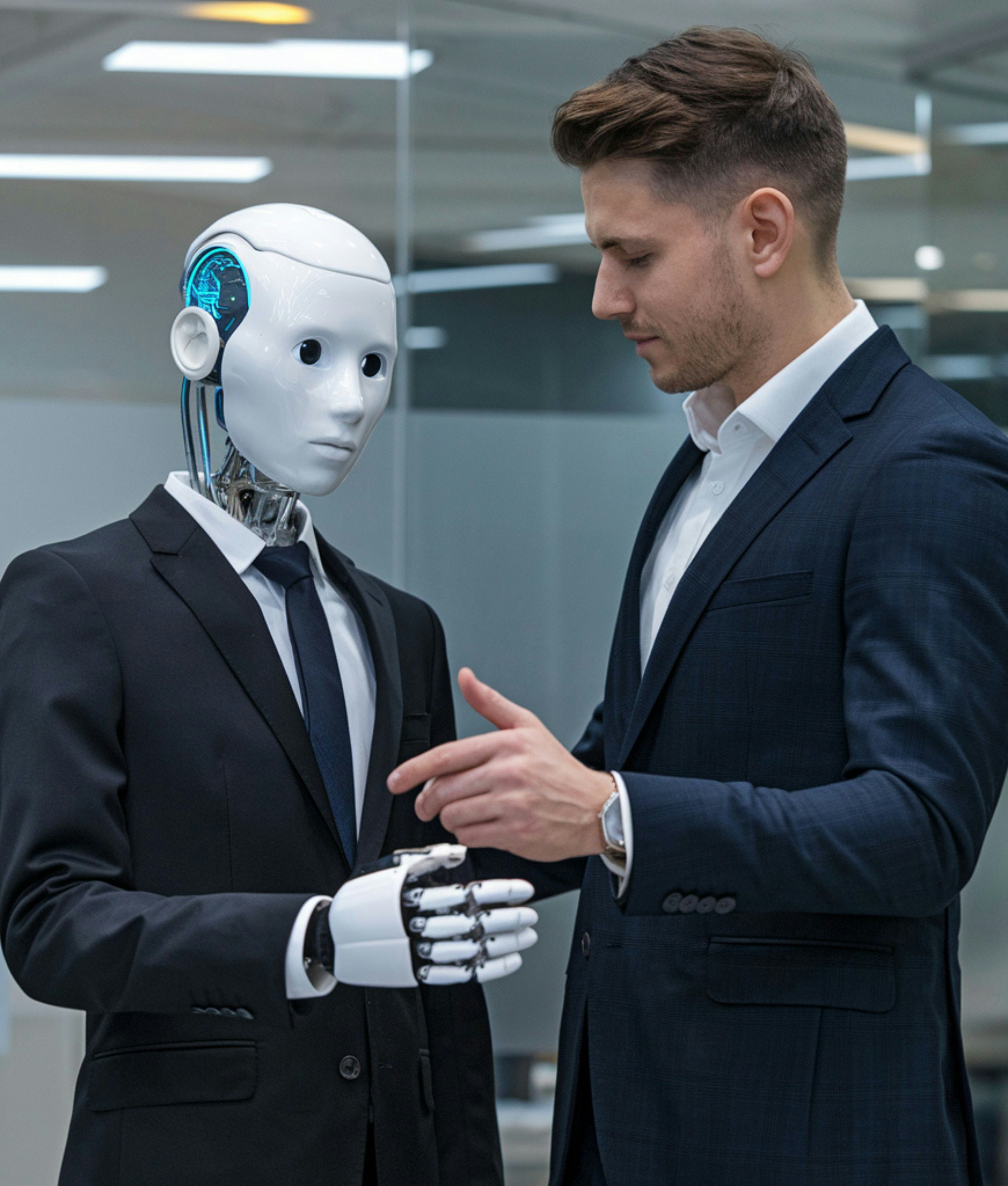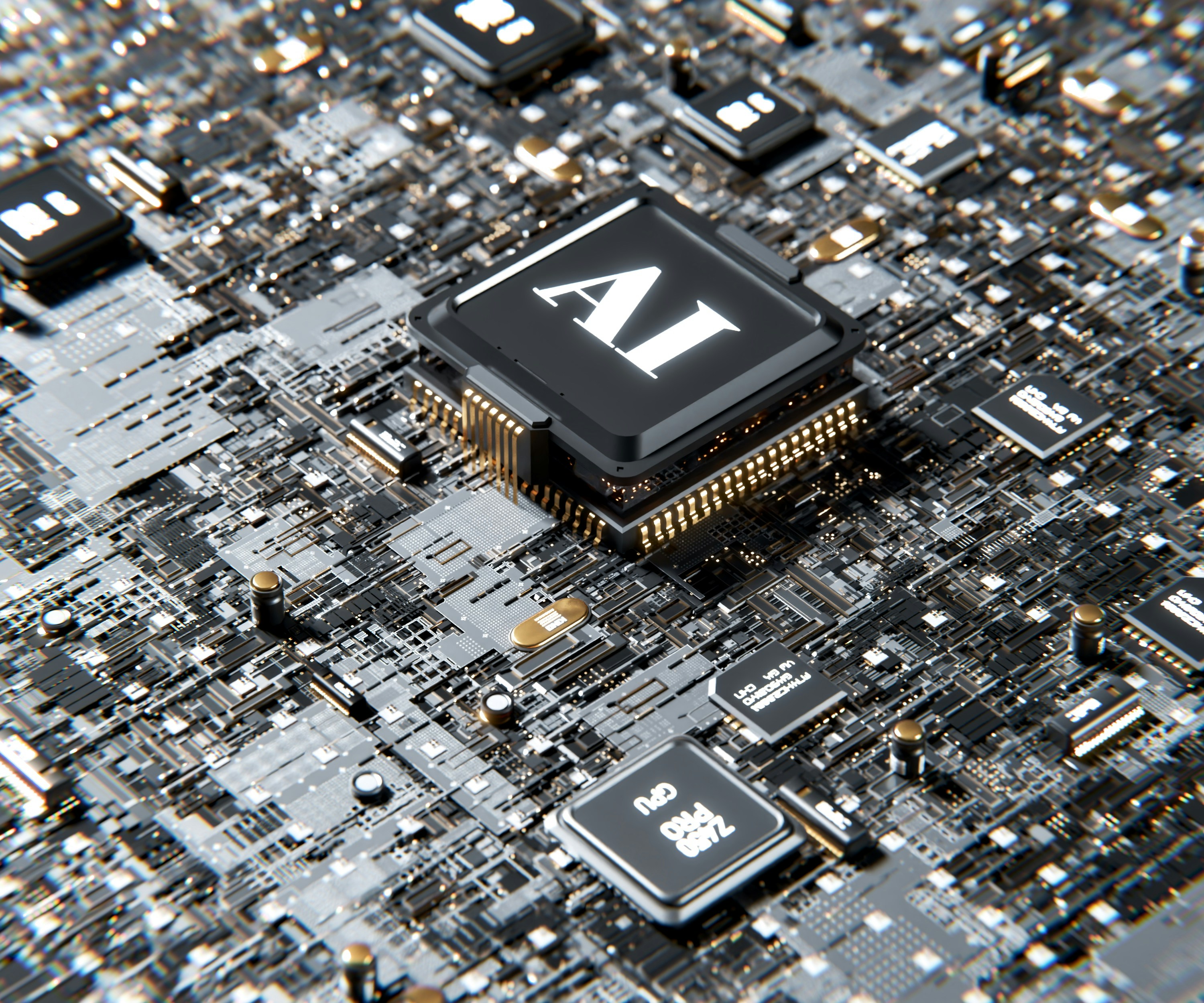The Rise of AI Agents: How Autonomous Systems Are Reshaping the Future

The Rise of AI Agents: How Autonomous Systems Are Reshaping the Future
Artificial Intelligence (AI) agents — software entities that can perceive, reason, act, and learn — are increasingly transforming our digital landscape. From personalized assistants to complex decision-makers in finance, logistics, and healthcare, these autonomous systems are redefining how humans interact with technology. In 2025 and beyond, the proliferation of AI agents may become as impactful as the smartphone revolution.
What Are AI Agents?
An AI agent is a system capable of autonomously interacting with its environment using sensors (input) and actuators (output). Think of a self-driving car: it "senses" its surroundings, makes decisions, and performs actions, all without human intervention.
There are several categories of AI agents:
- Simple Reflex Agents – respond directly to sensor input with pre-programmed rules.
- Model-Based Reflex Agents – keep an internal state to handle partially observable environments.
- Goal-Based Agents – act to achieve specific objectives.
- Utility-Based Agents – optimize actions based on a defined utility function.
- Learning Agents – improve over time by learning from experiences.
Modern AI agents often combine several of these strategies, enhanced by machine learning (especially reinforcement learning) and large language models (LLMs).
Key Industries Being Transformed
1. Customer Service
AI agents such as chatbots and virtual assistants are now handling millions of customer service interactions daily. Unlike traditional bots, modern AI agents can:
- Understand natural language
- Retain conversational context
- Learn from customer interactions
- Escalate complex issues appropriately
Notable platforms like OpenAI's GPT-based agents or Google’s Dialogflow are integrating such capabilities into enterprise software.
2. Healthcare
Autonomous AI is beginning to assist in diagnostics, patient triage, and personalized care. For example:
- Babylon Health’s AI assesses symptoms and suggests treatments.
- IBM Watson Health assists oncologists with treatment planning.
- AI agents in hospitals help schedule operations and allocate medical resources efficiently.
3. Finance
AI agents are making real-time trading decisions based on thousands of data points, managing portfolios, detecting fraud, and even communicating with customers in personalized ways.
Examples include:
- Robo-advisors like Betterment and Wealthfront
- Fraud detection agents used by banks
- AI financial assistants like Cleo or Erica (Bank of America)
4. Logistics & Transportation
From route optimization to fleet management and autonomous delivery drones, AI agents are redefining supply chains.
Amazon, FedEx, and other logistics giants are already relying on AI agents to:
- Predict shipping delays
- Reallocate delivery routes in real-time
- Manage warehouse robots with minimal human input
5. Education
AI tutoring agents provide customized learning experiences by adjusting content, pace, and feedback based on student performance. Khanmigo by Khan Academy is a recent example, powered by GPT-4.
How Are AI Agents Different From Traditional Software?
| Aspect | Traditional Software | AI Agents |
|---|---|---|
| Programming | Rules-based | Data-driven, learning-based |
| Adaptability | Fixed logic | Evolves with use and input |
| Environment | Static assumptions | Dynamic, real-world interaction |
| Goal Pursuit | Predefined flow | Optimizes toward changing objectives |
| Human Interaction | Limited, scripted | Conversational, contextual |
Ethical and Practical Challenges
While promising, AI agents raise significant challenges:
- Accountability : Who is responsible when an AI agent makes a mistake?
- Bias : AI agents can inherit or amplify social biases if trained on flawed data.
- Privacy : Agents that monitor behavior may pose surveillance risks.
- Autonomy : Over-reliance on agents might reduce human critical thinking and control.
Governments and tech companies are beginning to establish frameworks, but many issues remain unresolved.
Future Outlook
Experts predict AI agents will:
- Become integral to smart homes, smart cities, and Industry 4.0 environments
- Operate collaboratively in swarms or networks (e.g., vehicle-to-vehicle communication)
- Become embedded into devices like wearables, appliances, and even AR glasses
Notably, OpenAI and Google DeepMind are researching multi-agent systems where AI agents interact with each other — possibly forming artificial societies.
Conclusion
The rise of AI agents represents a major technological shift. They’re more than tools — they’re collaborators, assistants, and in some cases, decision-makers. As they become more capable and autonomous, society must navigate their integration carefully, balancing innovation with responsibility.
The future isn’t just about AI doing what we say — it’s about AI understanding why we say it, and choosing what to do next.




